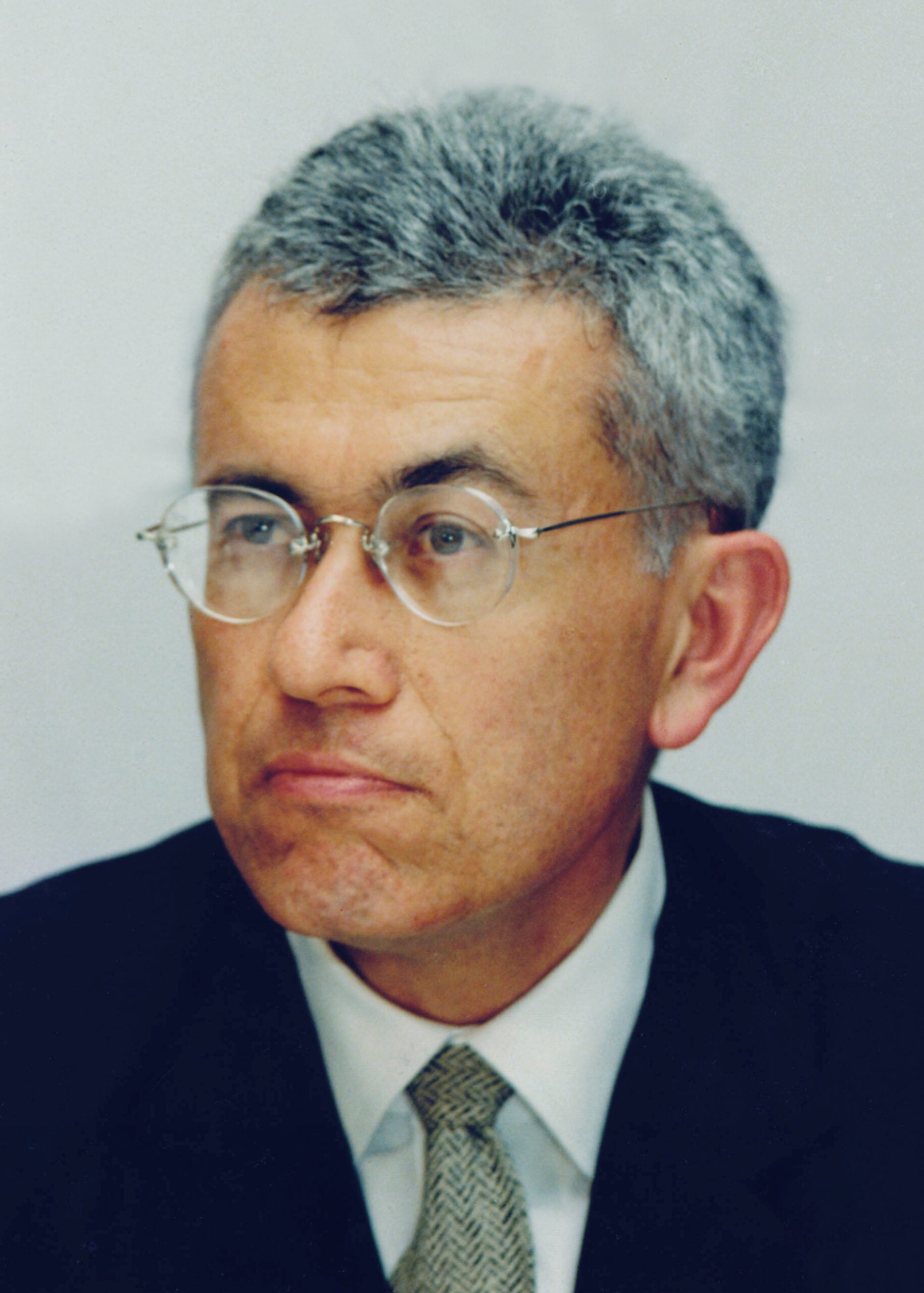Roberto Mangabeira Unger LL.M. ’70 S.J.D. ’76, the Roscoe Pound Professor of Law at Harvard Law School, has been appointed the Minister of Strategic Affairs in Brazil by the country’s president, Dilma Rousseff.
Unger held the same position in the Brazilian cabinet from 2007-2009, when he served in the administration of Luiz Inácio Lula da Silva.
Brazil has a long tradition of public intellectuals whose careers oscillate between academics and politics. “One of the classic failures of philosophers is a belief someone else will do it for you,” Unger told the Financial Times in an October 2014 interview. In that interview, he described his decision to accept his first appointment as Minister of Strategic Affairs as a way “of forcibly removing my protective armour and opening myself to the arrows of failure, derision, defeat . . . and thus transformation. Without that, you die slowly – and I believe you should only die once.”
In 1971, Unger was appointed to the faculty at HLS, where he was an early leader of the Critical Legal Studies movement and wrote the tract that became known as one of its principal manifestos. He became a social theorist and critic with a body of work that covered not just law but also art, religion, politics, philosophy and economics. Author of more than a dozen books, Unger published the three-volume Politics: A Work in Constructive Social Theory, Cambridge University Press, in 1987.
His most recent book calls for a revolution in physics. In The Singular Universe and the Reality of Time, (Cambridge University Press, 2015), co-written with physicist Lee Smolin, Unger argues that, to keep cosmology scientific, we must replace the old view in which the universe is governed by immutable laws by a new one in which laws evolve.
Unger was sworn in on February 5, in Brazil, and has taken a leave of absence from his professorship at HLS.
